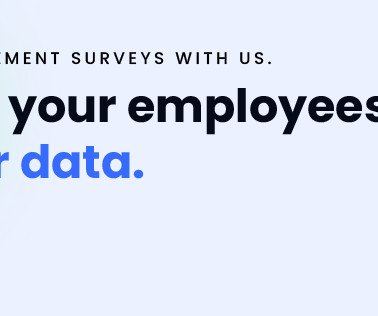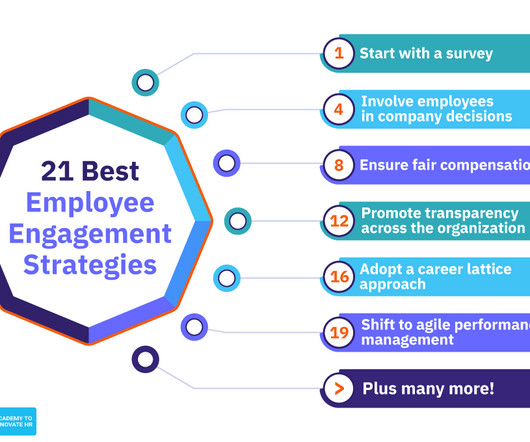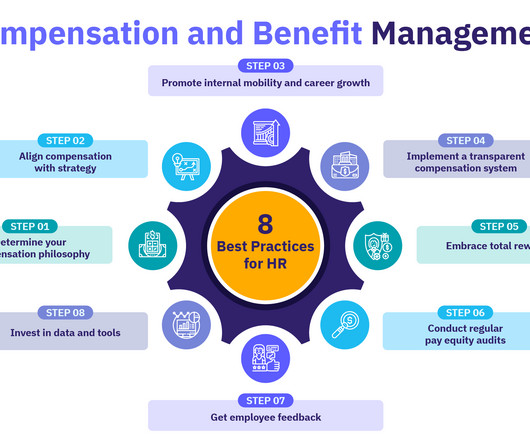How HR Can Create a Comprehensive Talent Strategy
Analytics in HR
MARCH 16, 2023
Talent strategy (often referred to as talent management strategy or talent acquisition strategy) is essential if organizations want to ensure they have the right talent in the right place to meet their long-term financial, marketing and operational goals and objectives. How to develop a talent strategy 1.































Let's personalize your content